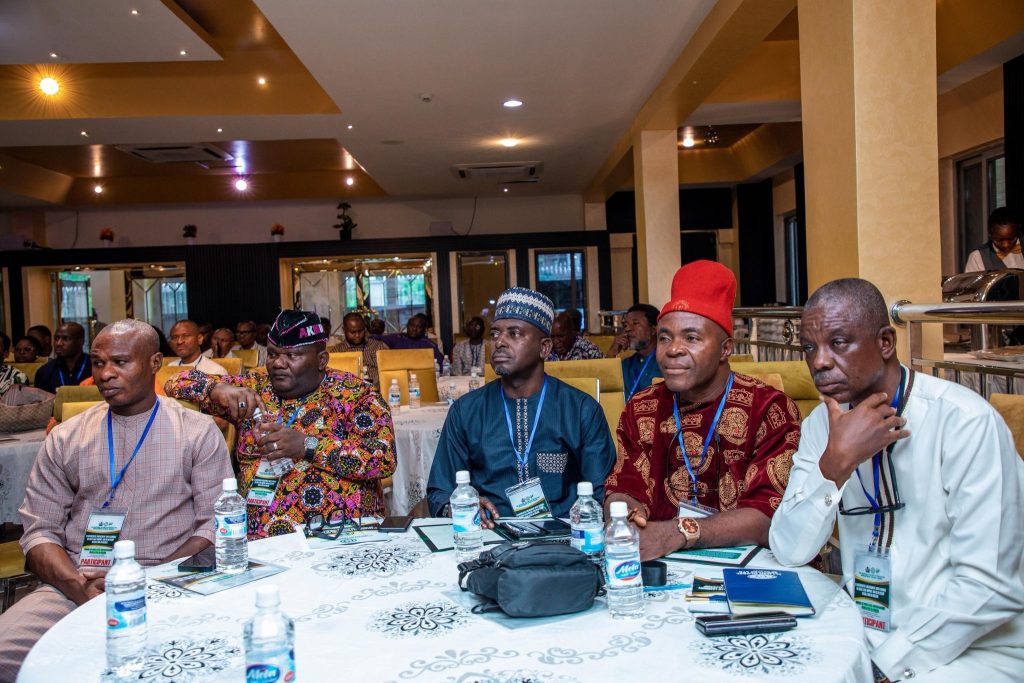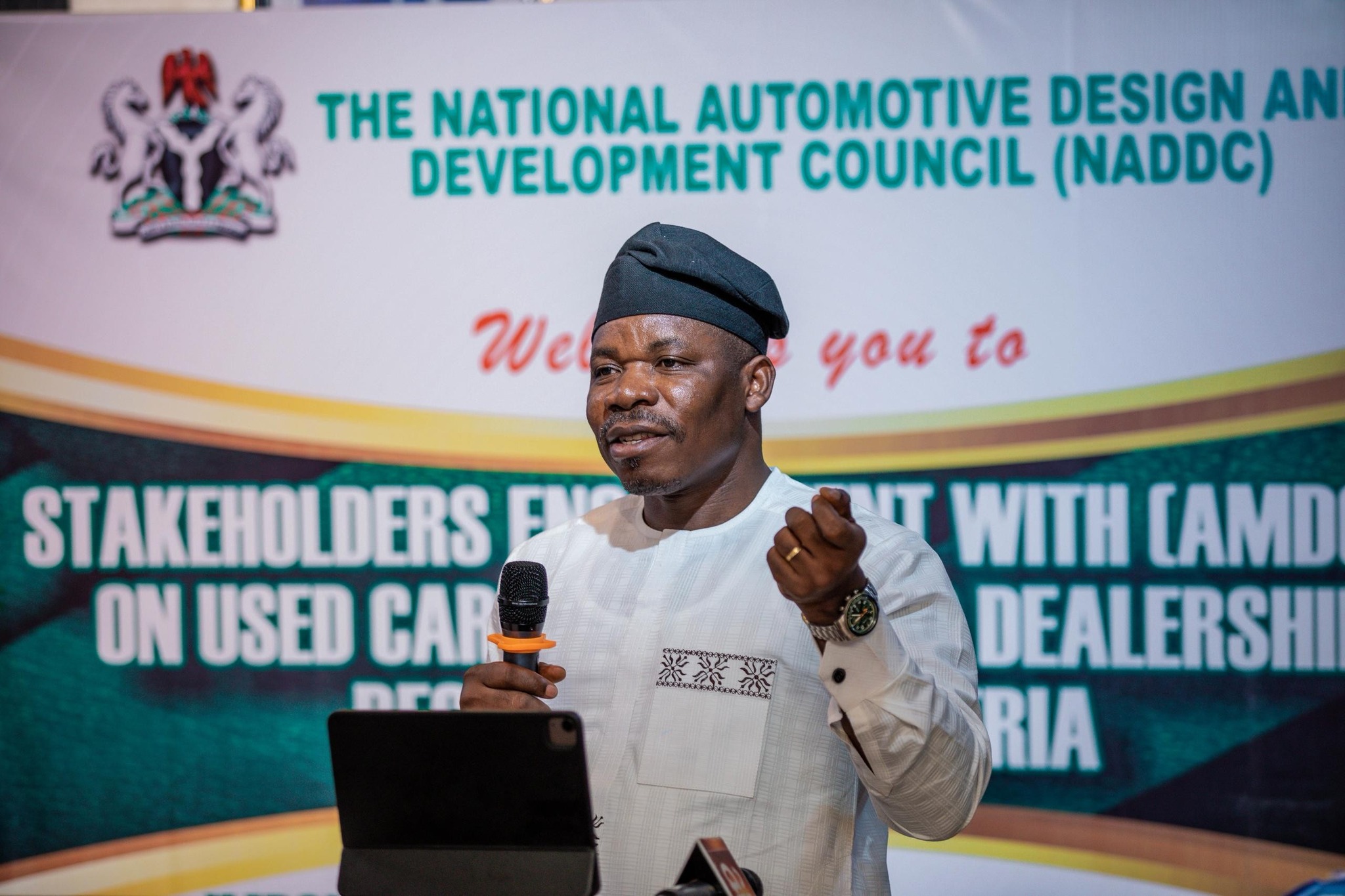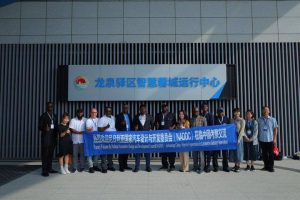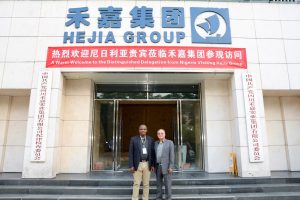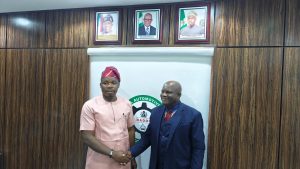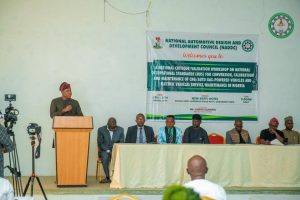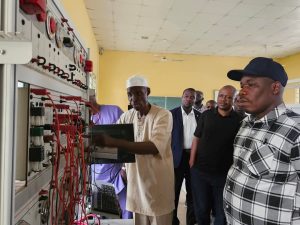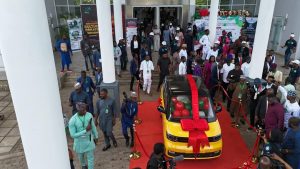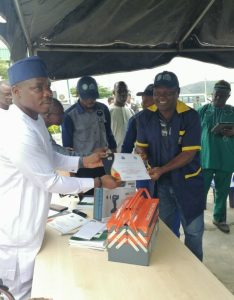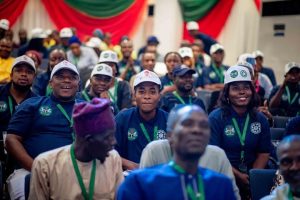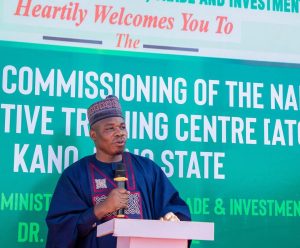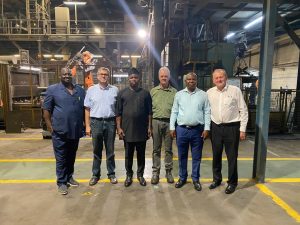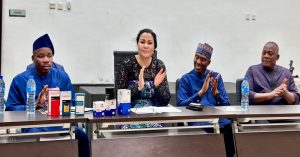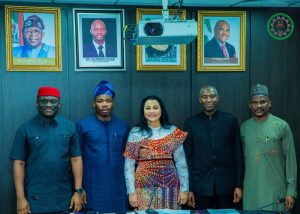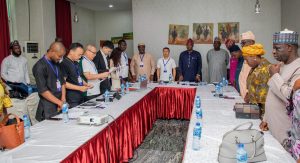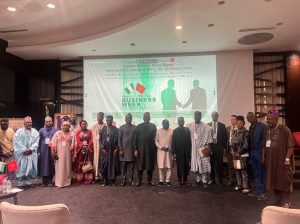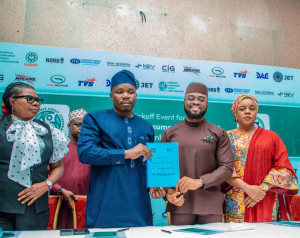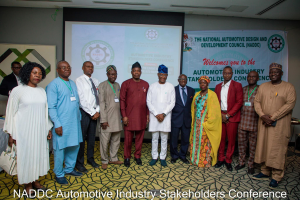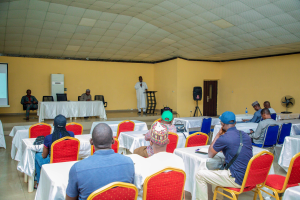NADDC Hosts Strategic Engagement with AMDON on Regulation of Used Vehicles in Nigeria
In a bold step toward reforming Nigeria’s automotive landscape, the National Automotive Design and Development Council (NADDC) hosted a high-level Stakeholders Engagement with the Association of Motor Dealers of Nigeria (AMDON) at Ceedaped Hotel, Uyo, Akwa Ibom on the 4th of June, 2025.
The engagement focused on the urgent need to regulate used vehicle imports and establish a formal, traceable registration system for motor dealerships nationwide.
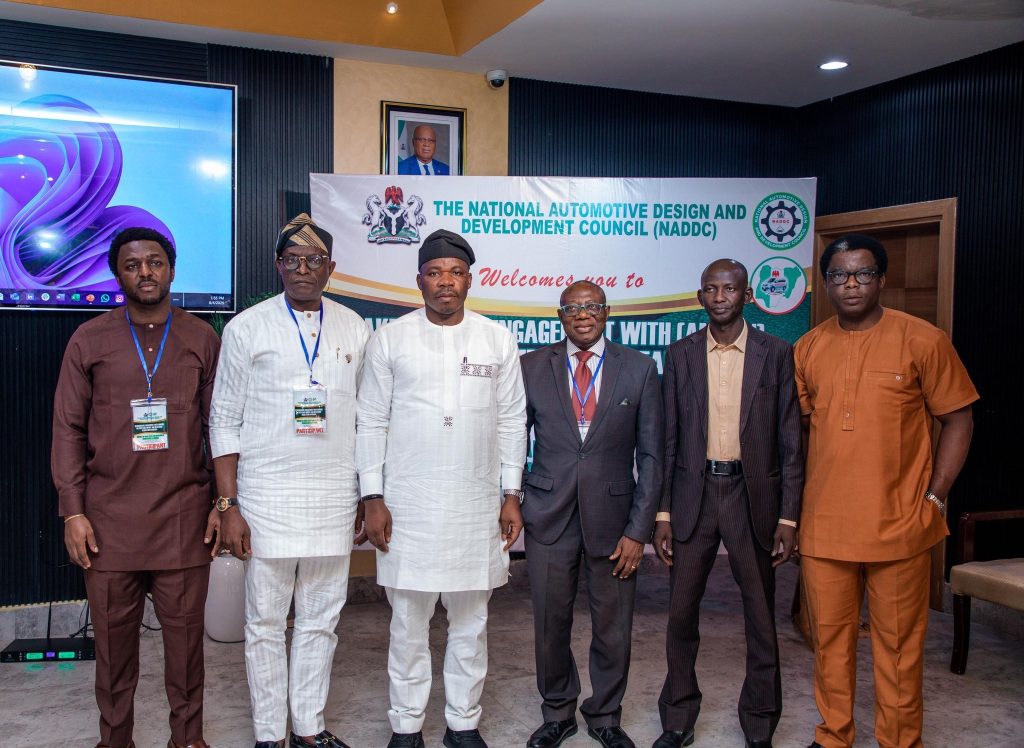
In his welcome address, Mr. Oluwemimo Joseph Osanipin, Director-General of NADDC, emphasized the critical role of motor dealers in shaping Nigeria’s vehicle economy. “Motor dealers are the first point of contact for Nigerians buying vehicles, not manufacturers,” he noted. He called for the mandatory registration of dealers to combat the growing inflow of smuggled, accidented, and unsafe vehicles, which pose threats to public safety, environmental sustainability, and national security.
Osanipin underscored the Council’s support for Executive Order 005, which directs Ministries, Departments, and Agencies (MDAs) to prioritize locally assembled vehicles in procurement. He called on dealers to align with domestic auto manufacturers, thereby creating jobs, boosting local production, and increasing trust in Nigeria’s vehicle ecosystem.
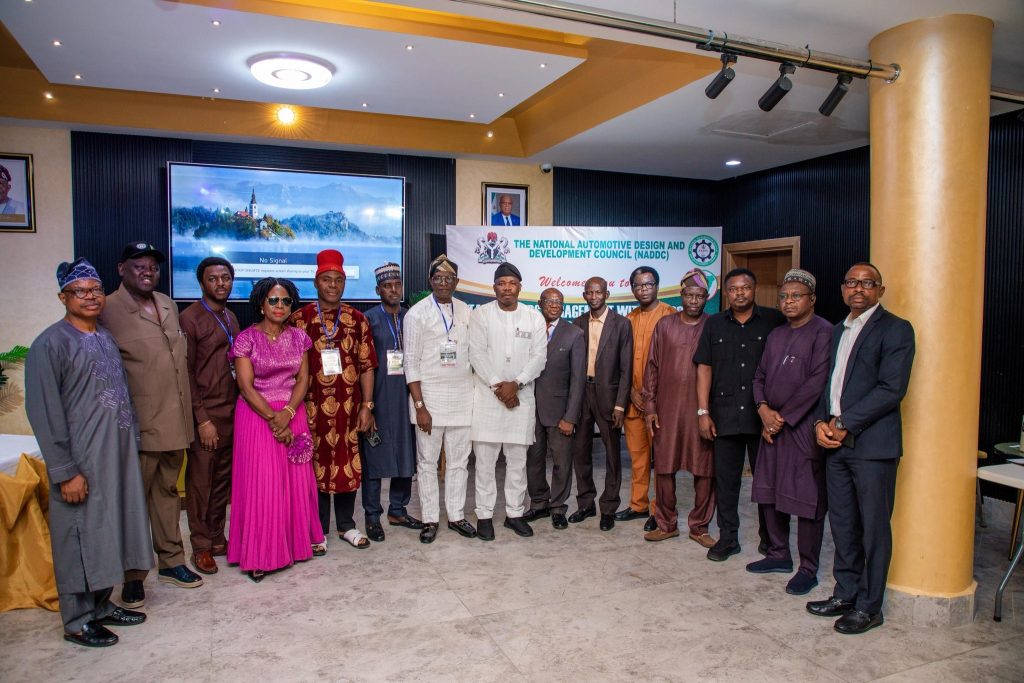
In his opening remarks, Mr. Bawo Omagbitse, Chairman of the Nigerian Automotive Manufacturers Association (NAMA), expressed strong support for Nigeria’s auto policy. He described the Nigeria First initiative as a vital tool for economic growth through local content promotion and increased demand for Made-in-Nigeria vehicles.
However, he emphasized that effective policy implementation is crucial to realizing these goals. He explained that registration and regulation are fundamental to ensuring market order and sustainability.
Speaking on behalf of vehicle dealers, Prince (Engr.) Ajibola Adedoyin, National President of AMDON, delivered a passionate presentation on the topic: “Development of a Robust and Effective Vehicle Dealership Registration Framework.” He called for comprehensive regulation of vehicle importation to ensure safety, accountability, and national security.
“Right now, anyone can import a vehicle into Nigeria without proper documentation or traceability. That’s dangerous,” Adedoyin said. He linked the lack of vehicle regulation to increased criminal activities, pointing out that many crimes are committed using untraceable vehicles.
He advocated for a system where all imported vehicles must go through registered dealerships, helping government curb security threats, protect revenue, and bring order to the sector.
This engagement reflects a united front among policymakers, manufacturers, and dealers to reform and modernize Nigeria’s automotive sector in line with global standards while protecting national interests.
